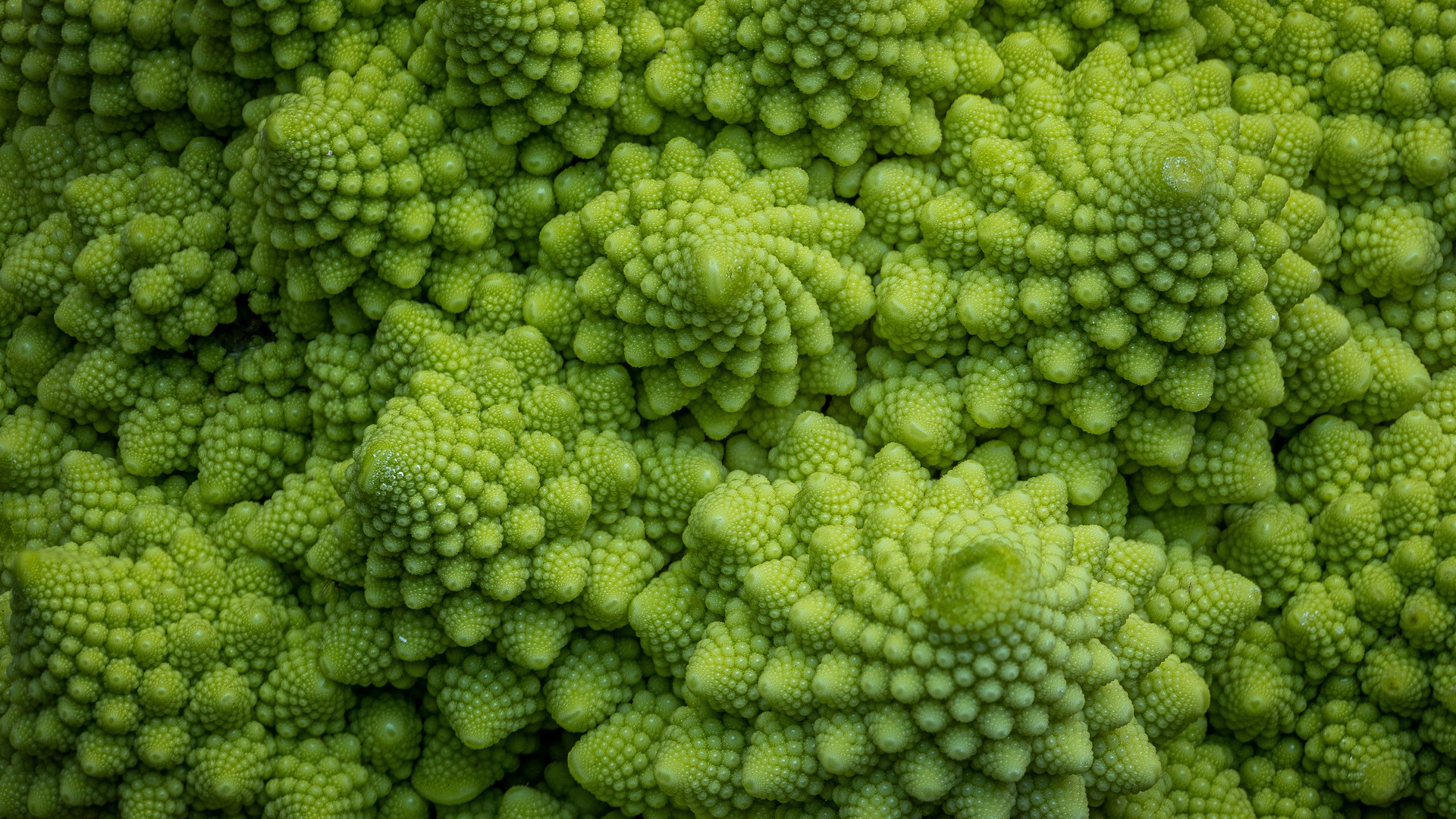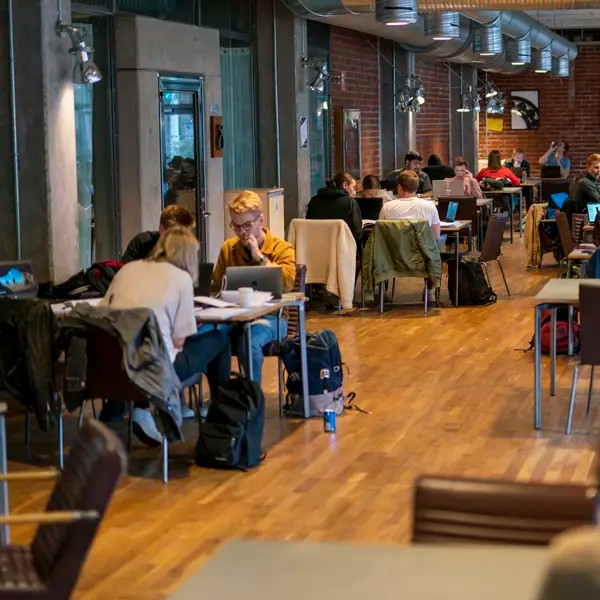
Nowadays, there is mathematics in virtually everything, from mobile phones to passenger cars and oil tankers. The internet is built on mathematics. Google is based on probability theory, while cryptology and secure data transfer are based on classical number theory. Modern physics, chemistry, climate science, bioinformatics — the list is long.
This master's programme will provide you with a solid base in a combination of mathematics, mathematical statistics and computational science. After graduation, you will not only be able to master a given area of engineering, but also take part in the development of mathematical models and algorithms.
Engineering mathematics and computational science master's programme at Chalmers
New mathematical methods are necessary for understanding modern physics and chemistry, for example, advanced mathematical and statistical models are required in climate science.
Bioinformatics has quickly grown to become one of the big areas of applied mathematics. Continuing the development of mathematical methods is necessary in order to deal with the huge amounts of information generated by for example gene mapping.
The master's programme gives you a solid base in mathematics, mathematical statistics or computational science. It is also possible to choose a direction towards bioinformatics. We also offer a number of courses in financial mathematics.
Topics covered
The subjects of mathematical statistics, computational science and engineering mathematical modelling are fundamental areas in the Engineering Mathematics and Computational Science master’s programme. The courses included in the programme plan handle topics such as engineering mathematics, applied mathematics, mathematical biology, machine learning, big data science, pure math and mathematical physics.
Career
Usually, roughly half of the graduates from this master's programme stay in academia as PhD students, in Sweden as well as abroad. Others have become employed in industry, for example in the automotive industry, the pharmaceutical industry, the telecom industry, the IT and software industry, the banking and insurance industry or as consultants for the industry.
There is a broad range of companies where former graduates are now employed. Some examples are Ericsson, Volvo, Astra Zeneca, RUAG, Andra AP-fonden, Google, Uber and Jeppesen.
Research
Research in mathematical sciences, in Sweden and elsewhere, is very intense. Mathematical research is in demand from an increasing number of sectors (for instance within artificial intelligence and machine learning) and at the same time, mathematics continues to flourish as research in its own right.
These directions of research are not in opposition to each other. On the contrary, they enrich and inspire each other. It is a fact that many of the mathematical results that are of very concrete use today, were developed by pure mathematical curiosity, sometimes decades or even centuries ago.
Swedish mathematical research is by tradition strong. This is true also for the Department of Mathematical Sciences at Chalmers and Gothenburg University. The Department is joined by the two universities, which helps to give it the size needed to create a stimulating environment, socially and scientifically.
Requirements

How to apply - From application to admission
This is a step-by-step guide on how to apply for a Master's programme at Chalmers University of Technology.

